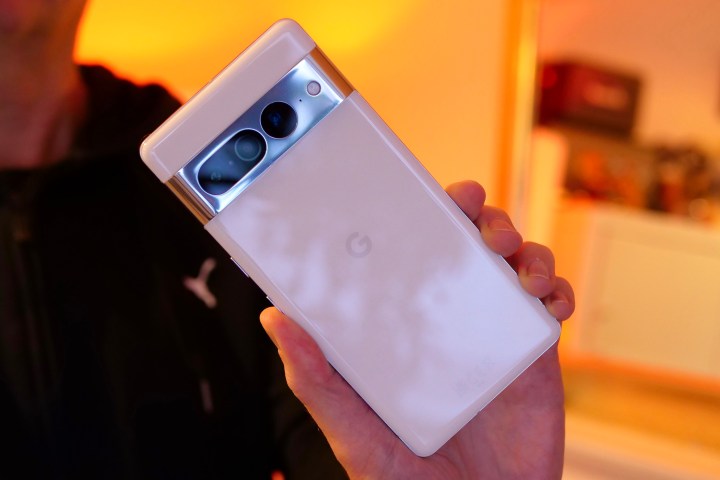
Google’s current-gen Pixel smartphones are rewarding from multiple perspectives. They don’t cost as dishearteningly much as Samsung or Apple flagships. You get a consistently impressive camera experience. Plus, the software is pristine Android with a ton of convenient tricks.
Where the Pixels falter is raw performance and some nagging chip-adjacent problems. It’s not entirely Google’s fault, either. But if you were hoping for a turnaround, you might want to revise your hope scheduling. According to The Information, the “first fully customized chip” from the Tensor division won’t be here until 2025.
There were plans to introduce a fully self-designed Tensor chip codenamed “Redondo” in 2024, shifting away from Samsung’s Exynos blueprint. But due to prioritization conflict inside Google’s engineering department, a fully self-designed Tensor chip nicknamed “Laguna” won’t be introduced until 2025.
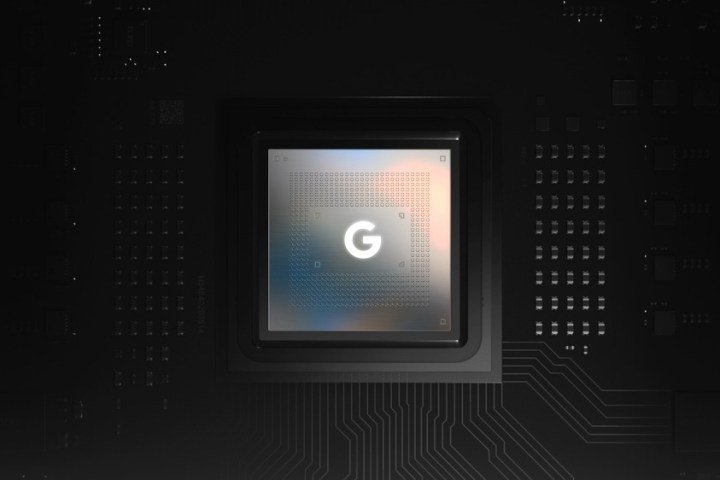
Assuming Google doesn’t have a change of heart and reimagines the branding efforts, you can pin your hopes of a supposedly flawless performance on the Tensor G5 chip powering the Pixel 10 series in 2025. Making the pivot would also be poetic with the first decade anniversary of Google’s Pixel efforts.
Another interesting piece of information — which might also prove to be a future headache for Google — is the upgrade in fabrication technology. The Tensor “Laguna” silicon will be based on TSMC’s 3nm fabrication process, which theoretically means a big jump in performance and power efficiency compared to the 5nm-based Tensor G2 inside the Google Pixel 7 and its Pixel 7 Pro sibling. However, supply chain sources say Apple has hogged a lion’s share of 3nm chip orders, so there’s that bottleneck for Google to navigate.
Pixel phones have a performance problem
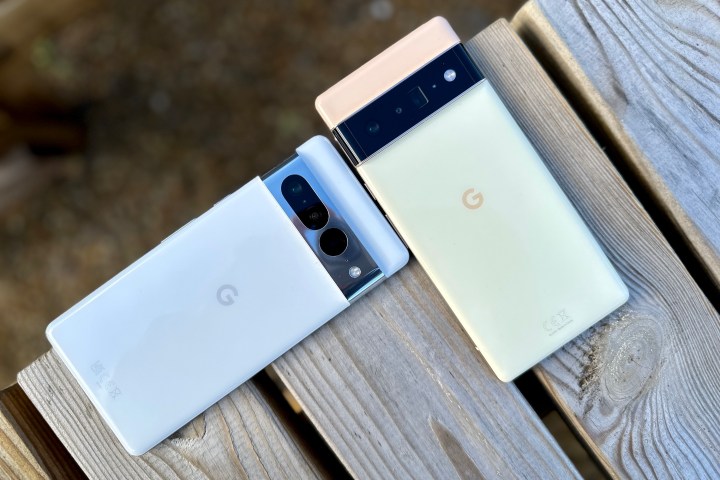
The Tensor processors inside the Pixel phones haven’t really been slowpokes, at least for day-to-day tasks. But they aren’t exactly top-tier performers either. In fact, they tend to suffer from the same kind of performance pitfalls as the Exynos processors fitted inside millions of Samsung’s own yesteryear flagships.
Interestingly, Samsung itself ditched the underperforming Exynos chips for its flagship phones. The Galaxy S23 series, for example, went all-in on Qualcomm processors, and it worked. Reddit and Samsung community forums have far fewer complaints about Galaxy phones heating and throttling this time around.
What if we check the numbers? The single-core Geekbench 5 benchmark figures of the Pixel 7 Pro’s Tensor G2 chip are about 40% lower than the iPhone 14’s A15 Bionic chip. But let’s stick to Android and ponder the Tensor timidness where it’s clearly evident.
Compared to the Galaxy S23 Ultra’s Snapdragon 8 Gen 2 chip, the Pixel 7 Pro’s multi-core Geekbench 5 scores tap out at the 60% level. In the PCMark test, the Pixel 7 Pro is about 20% slower than a generation older Qualcomm flagship.
Shifting to the graphics department, the Galaxy S23 Ultra’s Qualcomm processor is over twice as fast as the Tensor G2. Those are some not-so-subtle differences. It could’ve been forgivable for the Pixel 7, a phone that costs $599, but for the Pixel 7 Pro, you deserve better for the $899 you invest in Google’s phone.
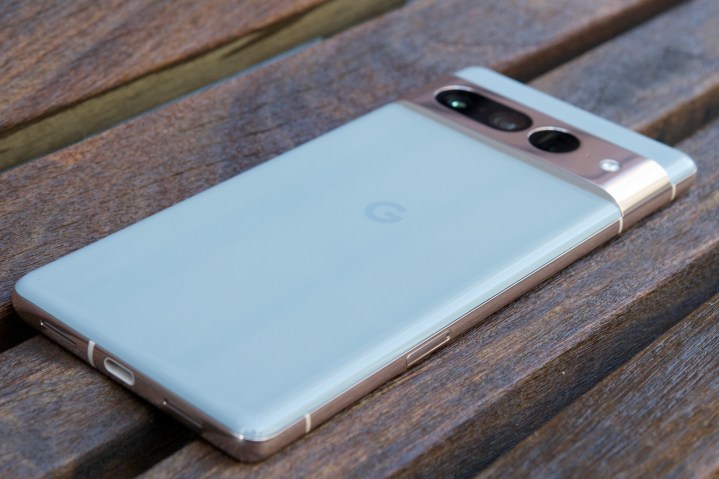
But it’s not just the performance gulf that irks. The Tensor G2 still throttles, dipping to about 65% of its peak performance under synthetic stress tests. But let’s move away from benchmarks. Even I can live with a slightly lower fps output in games.
But there are a few serious non-performance issues, too. The Pixel 6 had well-known heating problems. The Pixel 7 is not dramatically better. You can find Pixel 7 users complaining about random heating issues by the bucketloads. Check out some of the miffed user rants here, here, here, here, here, here, here, and here.
https://twitter.com/tomas_villegas/status/1595472719537090560
Tensor G2 heats up while charging. Conversely, when it heats up, it also drains the battery at a quicker pace. Some users say even social media surfing raises the temperature. That’s unacceptable, plain and simple!
Then there’s some glaring issue with the connectivity modem hooked to the Tensor silicon. Take a look at some of the Wi-Fi, cellular, and Bluetooth connection problems making life harder for Pixel 7 users here, here, here, here, and here.
Hope, but far away in the future
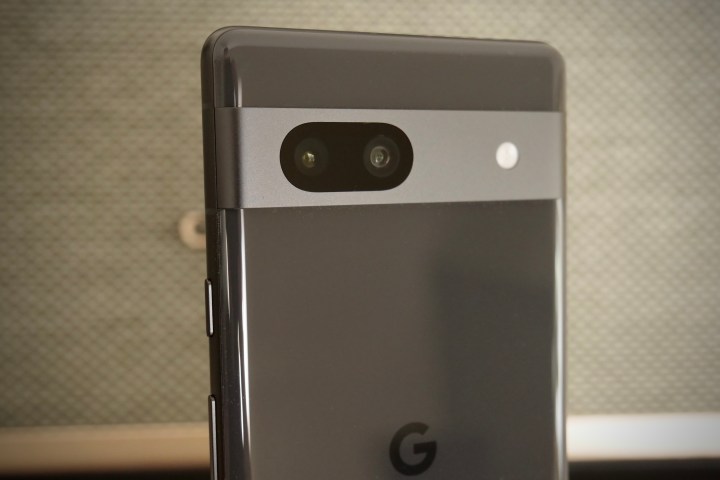
Look, I totally get the argument that the Pixel doesn’t need fire-breathing silicon or two dozen gigabytes of RAM. It’s a phone that’s all about AI smarts, so what it really needs is a powerful AI engine. But the Tensor already has one, and it does a great job at it.
What isn’t desirable is my Pixel phone just deciding to overheat randomly, and even at the most basic tasks. I want my phone to do its fundamental job and let me have a smooth phone call without dropping multiple times through it.
These are the basic requirements of a phone. It needs to do the phone stuff well. The Tensor chip isn’t letting the Pixel phones be … a phone. I can’t wait to see what Google can achieve without the looming specter of Samsung’s Exynos failures. It’s just a shame that we’ll have to wait until 2025 to experience the Tensor Revolution.

